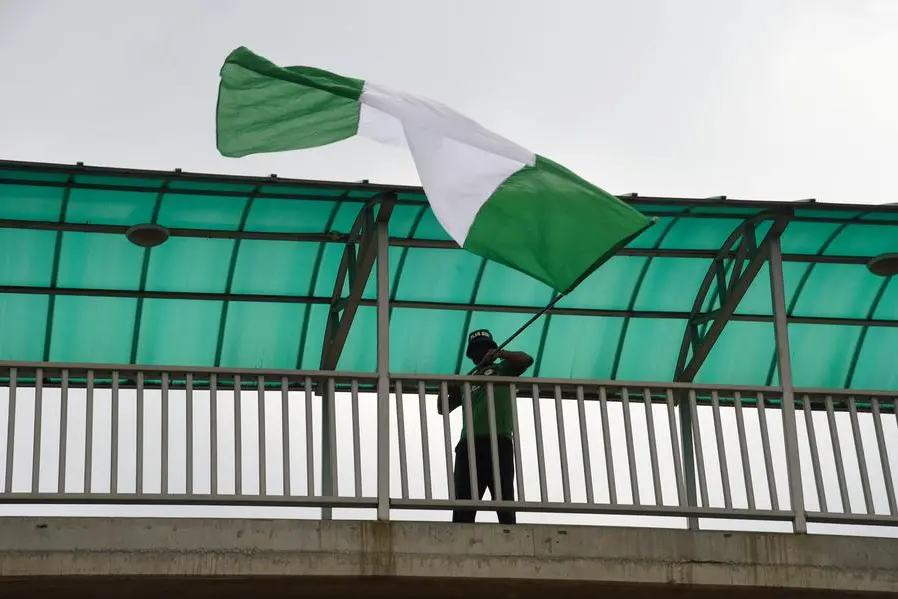PHOTO
Nigerian police deployed helicopters and gunboats as polling began in three states to elect governors amid fears political rivalries could spill over into violence.
State elections are fiercely contested in Nigeria where governors are powerful figures and clashes, killings and voter intimidation are common.
Police have issued sweeping travel restrictions for Bayelsa state in the south, Imo in the southeast and Kogi in the centre of the country.
Officers said they had beefed up forces to tackle electoral violence, while a military spokesman said the army was sending troops to "reinforce security".
The fairness of the ballot is also under scrutiny and the Independent National Electoral Commission (INEC) warned it would not count votes from polling stations where clashes broke out.
On Friday it said an INEC official was "abducted while waiting to board a boat" in Bayelsa, while another boat carrying election documents capsized, affecting more than 5,000 voters in the state.
Observers are watching the electoral commission closely after the presidential election earlier this year, when critics and the opposition said delays in uploading results and technical problems created opportunities for rigging votes.
INEC said it had learnt lessons from the presidential poll and "done everything possible to guarantee that the weekend's election is free, fair, and credible."
Bayelsa is seeking to avoid a repeat of 2019 polls which saw sporadic violence and abuses including killings, abductions, vote-buying and intimidation.
Gift Meeting, a caterer in the state capital Yenagoa, hopes this year's vote will be peaceful.
"It's not worth anyone dying for," she told AFP.
She believes the Peoples Democratic Party (PDP), in power in the state, but in opposition nationally, will win comfortably.
The 2019 vote in Kogi state, led by the ruling All Progressives Congress (APC), also saw deadly violence and electoral malpractice.
In one incident police said three people were killed while voting materials were snatched and election officials harassed by gangs loyal to the rival parties.
Southeastern Imo state faces major security challenges, including from separatists from the Indigenous People of Biafra (IPOB) group that agitates for a state of the ethnic Igbo people.
IPOB has warned against vote rigging and corruption in Saturday's poll, but the group has been blamed in the past for attacks on police patrols and election offices.
The APC state governor also faces intense criticism from Nigeria's main labour union, which has threatened to call a strike after claiming Imo authorities were behind an attack on its leader last week.
Nigeria has a long history of electoral violence since the country emerged from military rule in 1999 and many vote results end up challenged in the courts.





















